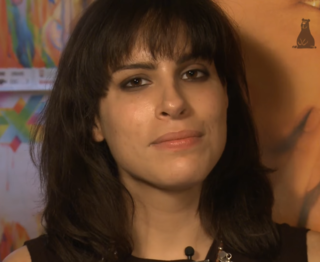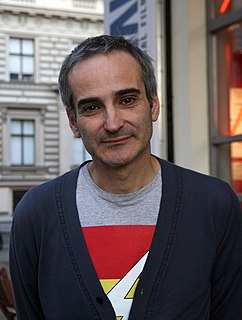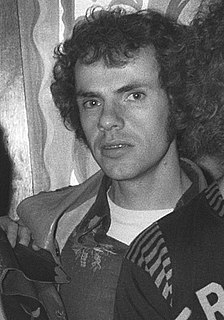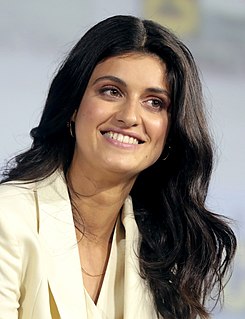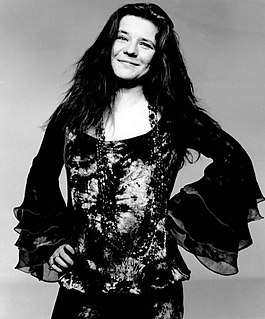A Quote by Richard Russo
Movies have to handle time very efficiently. They're about stringing scenes together in the present. Novels aren't necessarily about that.
Related Quotes
All of my movies are about how I wish the world would work. I've made very few movies about how the world worked. I could name them on one and a half hands, about how my movies have been very reflective of how the world was exactly. A lot of my movies are really about the way I wish the world was, and that's what this whole art form is all about. It's an interpretive art form.
The thing that I like about Pee-wee is it can exist on the level of midnight college cult movies that the hip kids are into and, at the same time, it could be something a kid and his family watch together. Being able to straddle both lines of being subversive and, at the same time, very inclusive - I love that about the character.
I don't really think about what's 'age appropriate' for my audience because I think they can handle quite a bit, but I do try to think about what's honest and true to my characters who have grown up in situations where they've been taught to handle these things very carefully and that they're very powerful.
Playing is just about feeling. Playing isn't necessarily about misery. Playing isn't necessarily about happiness. But it's just about letting yourself feel all those things that you have already on the inside of you, but you're all the time trying to push them aside because they don't make for polite conversation or something.
Actors can be very precious about their work and their scenes, but I think good actors have a strong understanding of narrative and are very often not as precious about that stuff. They just can't be because they understand what makes for a better film, and that it's the job of the actor to work toward that, and then if you want you can go to acting class or workshops. But making movies is not workshops.
Some movies, I think, present ideas of the world that just don't help people with their lives. They just present things that are fleeting or stupid. So that's what I'm careful about - making sure I'm part of something that is saying something that I think is valuable in the world of people, not necessarily in the world of art.

